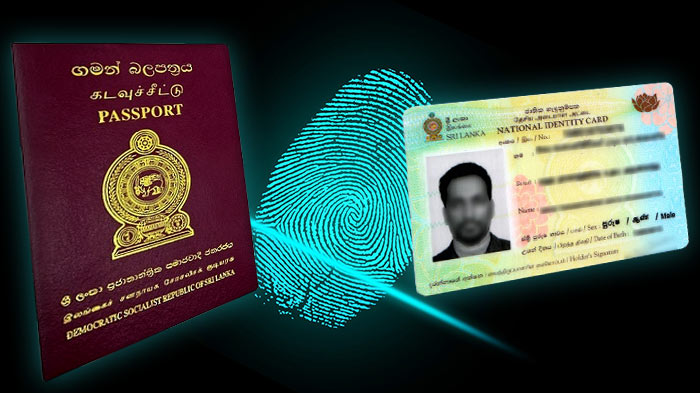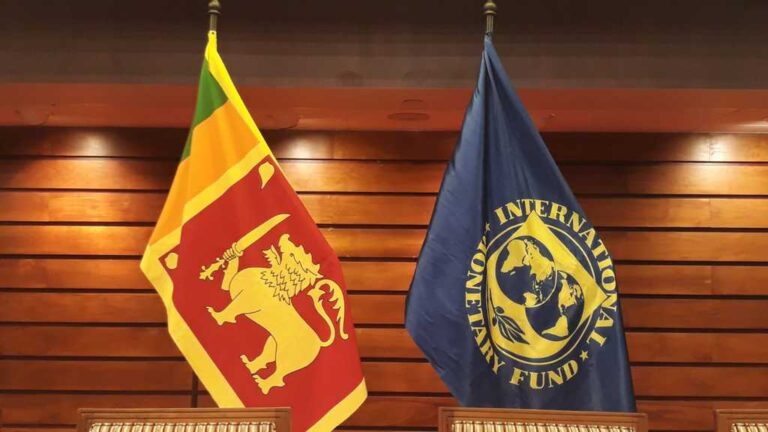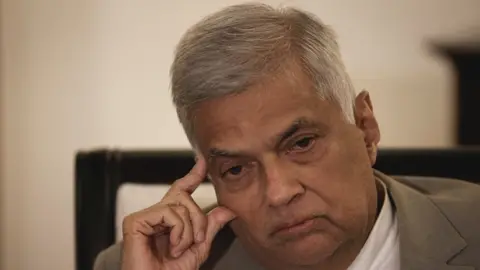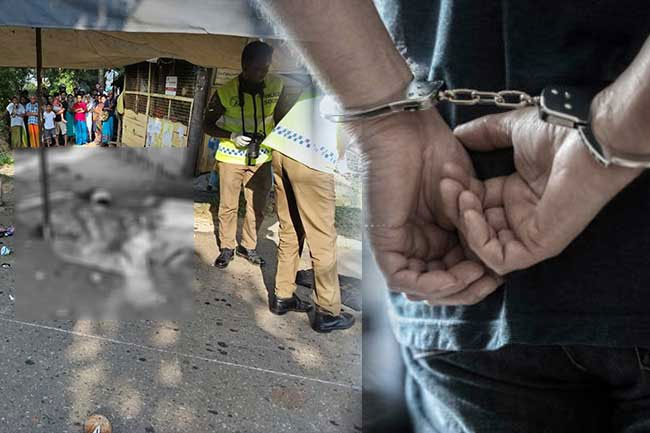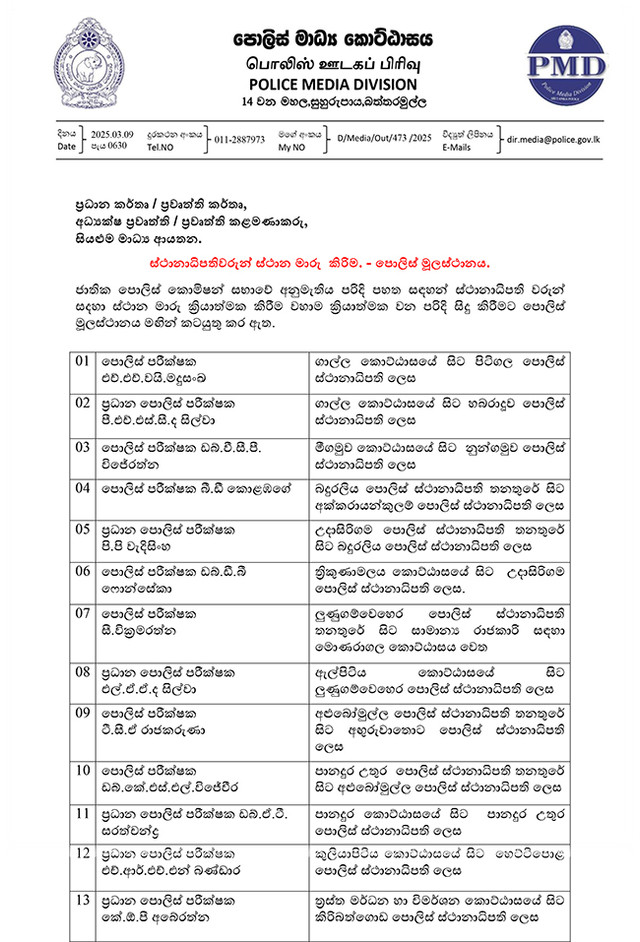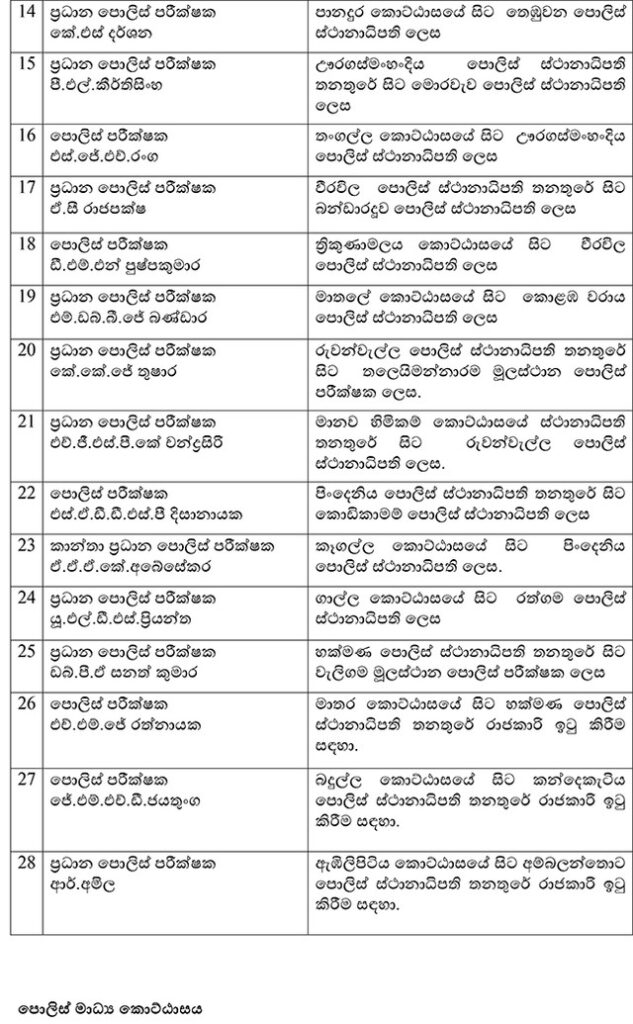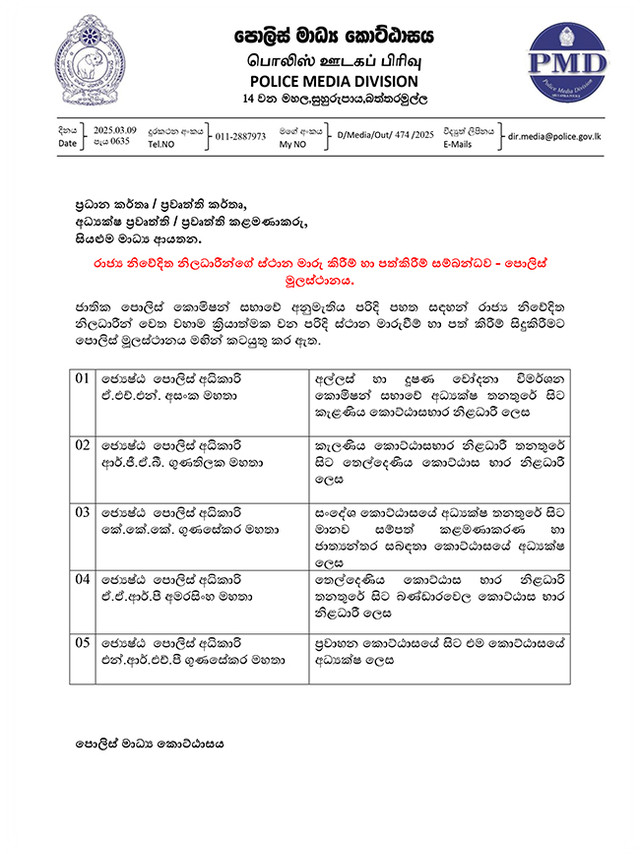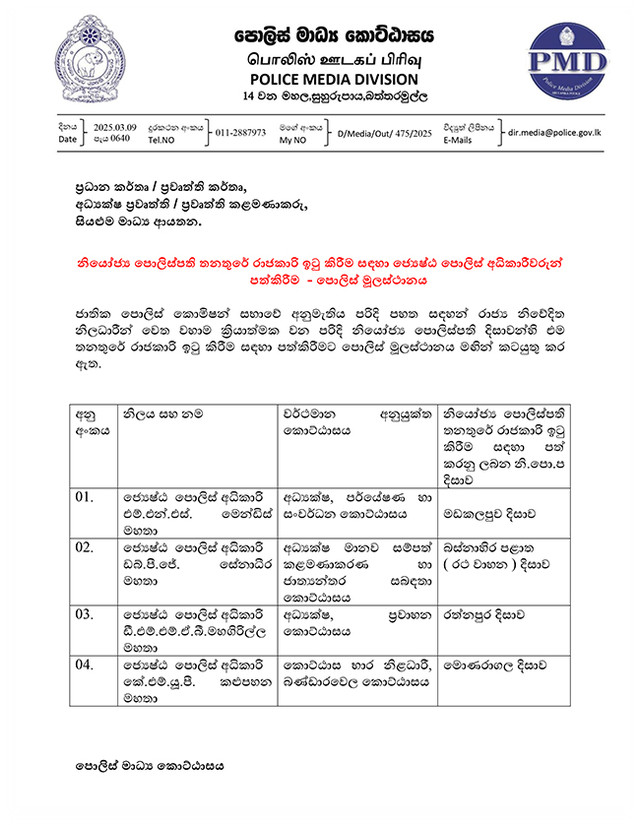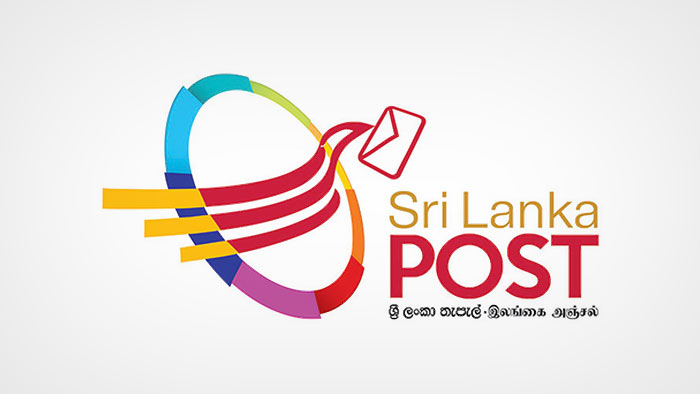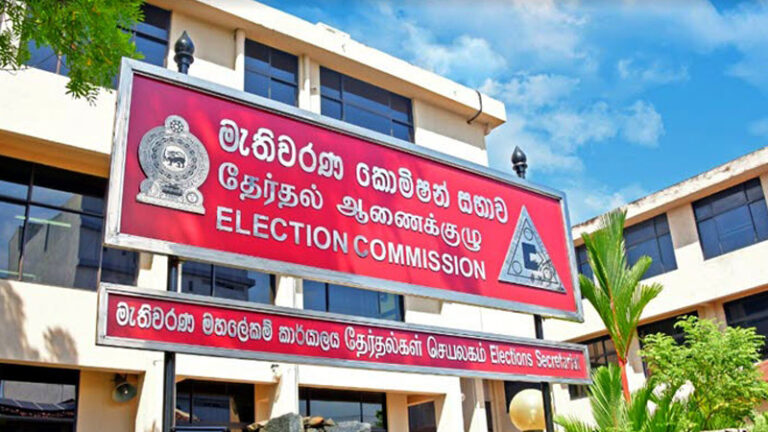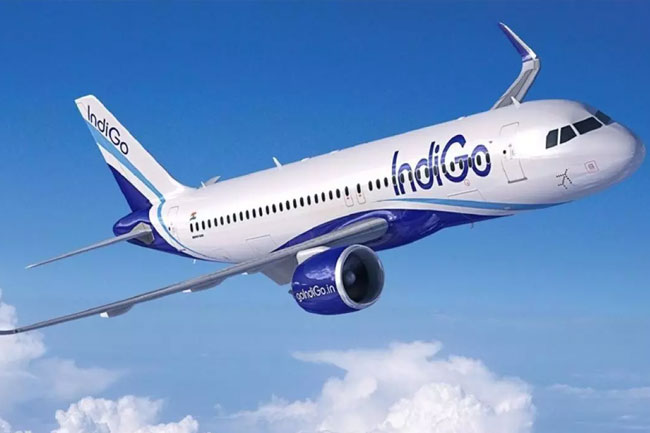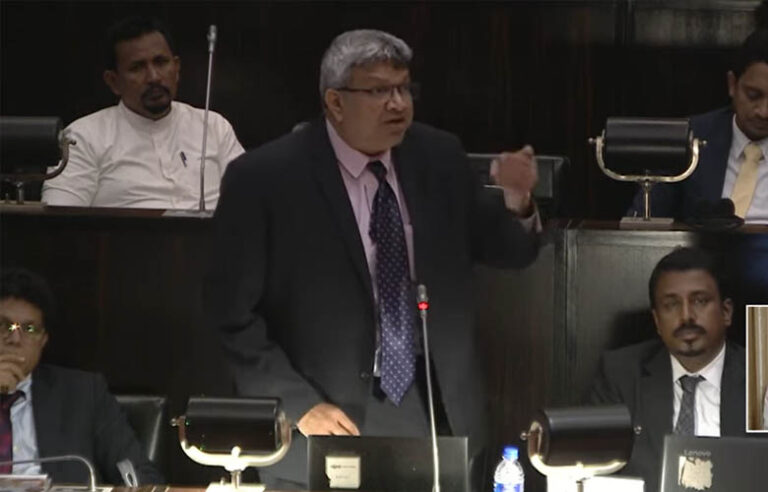By: Staff Writer
March 09, Colombo (LNW): The Department of Registration of Persons has procured 700,000 polycarbonate cards from Thales for its Electronic National Identity Card (e-NIC) initiative, scheduled for implementation by the end of the year.
However, an additional 1.6 million cards are still required to meet national demand, according to M.S.P. Suriyapperuma, Director General of the department.
Following an eight-year delay, Sri Lanka’s e-passport project has also been revived with a contract awarded to a partnership between Thales, a global technology firm, and Just in Time Technologies (JITT).
Thales is currently working on the design aspects, and once finalized, the consortium will supply the first batch of 100,000 e-passports by July 2025, with an annual distribution target of one million.
To address ongoing demand, 300,000 standard machine-readable passports (MRPs) will also be procured from Thales without issuing a new tender.
The project specifications require a software update to ensure that the e-passport supplier’s chip operating system, application, and hardware remain neutral, preventing dependency on a single vendor.
However, the consortium has stated that their e-passports cannot be personalized using the existing Department of Immigration and Emigration (DIE) system, violating a key tender requirement.
Additionally, the supplier has insisted that the government procure their Public Key Infrastructure (PKI) system, which is essential for e-passport functionality.
To address this issue, the Ministry of Public Security plans to submit a cabinet paper proposing the procurement of the Thales/JITT PKI system.
This proposal also includes personalizing e-passports through the supplier’s system on a ‘fee per passport’ model. If approved, the current personalization system—costing over Rs.1 billion in public funds—would be discontinued, and additional costs would be incurred for personalization services provided by the consortium.
he e-passports will include an electronic chip storing personal details, while a high-volume passport printing system, estimated at Rs.1.5 billion, will also be required.
The new e-NICs will integrate biometric features such as fingerprint, iris, and facial recognition, enhancing security and identification accuracy.
Sri Lankan banks are already accessing the repository to verify client details, and the plan is to integrate the Sri Lanka Unique Digital ID project with the e-NIC system.
This initiative will assign unique identification numbers, consolidate various forms of identification, and include essential data such as birth certificates and tax identification numbers. Suriyapperuma emphasized that digitization allows for effective data collection and policy-driven decision-making.
A recent awareness program on the e-NIC initiative was conducted at the Information and Communication Technology Agency of Sri Lanka (ICTA) in Colombo.
Under the patronage of Deputy Minister of Digital Economy Eranga Weeraratne, the event provided a platform for stakeholders to discuss challenges and strategies for seamless implementation.
Additionally, the Registrar General’s Department is advancing efforts to establish a digital population registry in Colombo.
This electronic database will store fundamental details of all Sri Lankan citizens, facilitating streamlined life event registrations and improved data-sharing between government agencies.
As part of this effort, digital birth certificates will be issued to individuals born after January 2021 in Colombo, complementing existing handwritten birth certificates.
This project, supported by the Civil Registration and Vital Statistics initiative, is a collaborative effort involving the Ministry of Digital Economy, the United Nations Development Programme, and the Asian Development Bank.


